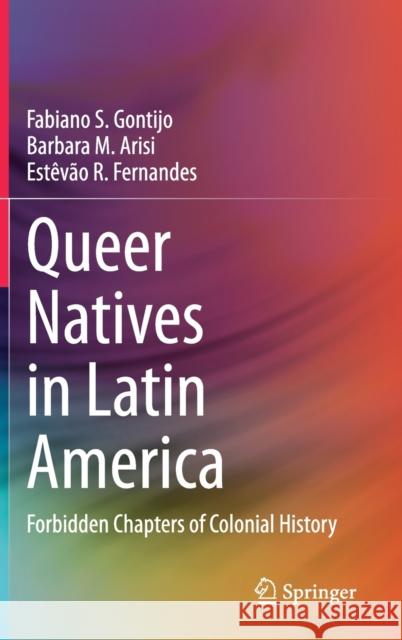Queer Natives in Latin America: Forbidden Chapters of Colonial History » książka
topmenu
Queer Natives in Latin America: Forbidden Chapters of Colonial History
ISBN-13: 9783030591328 / Angielski / Twarda / 2020 / 80 str.
Queer Natives in Latin America: Forbidden Chapters of Colonial History
ISBN-13: 9783030591328 / Angielski / Twarda / 2020 / 80 str.
cena 322,01
(netto: 306,68 VAT: 5%)
Najniższa cena z 30 dni: 308,41
(netto: 306,68 VAT: 5%)
Najniższa cena z 30 dni: 308,41
Termin realizacji zamówienia:
ok. 22 dni roboczych.
ok. 22 dni roboczych.
Darmowa dostawa!
Kategorie:
Kategorie BISAC:
Wydawca:
Springer
Język:
Angielski
ISBN-13:
9783030591328
Rok wydania:
2020
Wydanie:
2021
Ilość stron:
80
Waga:
0.30 kg
Wymiary:
23.39 x 15.6 x 0.64
Oprawa:
Twarda
Wolumenów:
01
Dodatkowe informacje:
Wydanie ilustrowane











